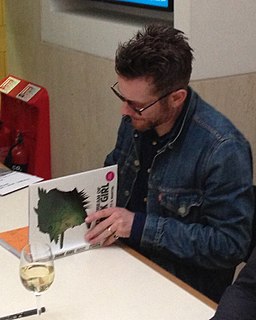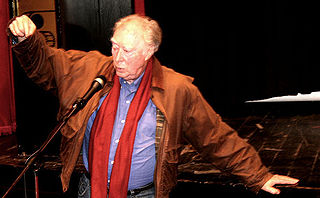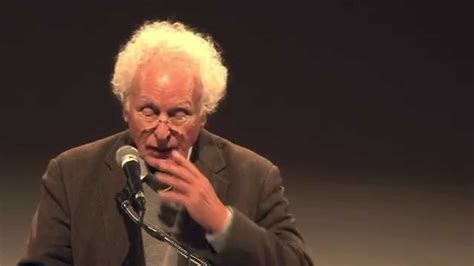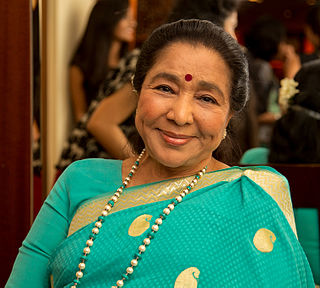Top 1200 Cultures Quotes & Sayings
Explore popular Cultures quotes.
Last updated on November 21, 2024.
All cultures have things to learn from all other cultures. Don't get stuck in your culture! Go beyond it! Get out of your aquarium; get out of your farm; get out of your castle; break your bell jar! Give chance to other cultures and to other opinions! This is the best way for you to see the insufficiencies, absurdities and stupidities in your culture!
It's about something that I'm extremely passionate about: exploring other cultures, how Americans are perceived by other cultures and how we perceive other cultures through our worldview. I travel whenever I get an opportunity to do so, and I think this country is ready for a show on television that is bilingual and really puts front and center another culture, both as the protagonist and the antagonist.
I grew up surrounded by all types of cultures - French, Indian, Arabic - a melting pot of cultures, sounds, foods, people, and religions. It opened my eyes early, and I'm grateful for that. It's not about success in one area; it's about exploring the world musically and spending time in those places whenever you can.
There seems also to be a tremendous risk to indigenous cultures if we insist that all scholarship be conducted in English. We are, for example, dealing with ancient and very highly-developed cultures in Korea, Japan, China and the Middle East. What is the impact on cultural and scholarly vitality forcing everyone to do their work in English? I do not have an answer, but this issue has been very much on my mind.
Human cultures are all experiments in trying to find a form that will fit the matter of our immediacy; but it is absolutely not the case that all such experiments are of equal merit or value. Some cultures - and modernity is patently one - have managed to transmute consciousness into the "disease" that Nietzsche called it, the self-affliction of a self-centeredness that has purged itself of all vestiges of wisdom and value.
If we want to avoid a clash of cultures - and the jury is still out on whether we can - we'll have to make different cultures and religions compatible with the universal nature of human rights and tolerance. But I can promise you this: Anyone who calls me an infidel at the conference will be in for a fight.
Any kind of grieving that is not allowed causes a break. In our culture, grieving in public is not encouraged, but in other cultures, it is done publicly. Some cultures have walls where people can cry. We don't have that. We have theatre where there's always the chance for you to face things within yourself.
A first grader should understand that her or his culture isn't a rational invention; that there are thousands of other cultures and they all work pretty well; that all cultures function on faith rather than truth; that there are lots of alternatives to our own society...Cultural relativity is defensible, attractive. It's a source of hope. It means we don't have to continue this way if we don't like it.
I am a passionate traveler, and from the time I was a child, travel formed me as much as my formal education. In order to appreciate cultures of another nation, one needs to go there, know the people and mingle with the culture of that country. One way to do that, if one is lucky enough, is to buy things from those cultures.
We're not in cultures which support learning; we're in cultures that give us the message consistently: "Don't mess up, don't make mistakes, don't make the boss look bad, don't give us any surprises." So we're asking for a kind of predictability, control, respect, and compliance that has nothing to do with learning.
Wilderness is the raw material out of which man has hammered the artifact called civilization. Wilderness was never a homogenous raw material. It was very diverse. The differences in the product are known as cultures. The rich diversity of the worlds cultures reflects a corresponding diversity. In the wilds that gave them birth.
What I find on the Internet is fascinating because whole subcultures are developing. And they really are cultures. They have their art forms, their music, and their language. They have their spirituality, they have new names. It's almost like watching colonies of little organisms develop under a petri dish. You can really see these cultures swarming and growing and developing and spawning on the Internet.
From the 9th to the 15th centuries, the area which is now modern Spain was home to the greatest peaceful agglomeration of cultures ever known in the post-literate worldEven more remarkable than the flowering of art itself was the confluence of cultures that produced it: under the rule of Islam, Muslims, Jews and Christians lived and worked together in relative harmony.
The role of globalization is to homogenize all cultures, and to turn them into commodified markets, and therefore, to make them easier for global corporations to control. Global corporations are even now trying to commodify all remaining aspects of national cultures, not to mention indigenous cultures.
While [European] national cultures were concocted to distinguish one economic unit of capital from another, civilizational thinking was invented to unify these cultures against their colonial consequences. Islamic, Indian, or African civilizations were invented contrapuntally by Orientalism... in order to match, balance and thus authenticate 'Western Civilization'.



























































